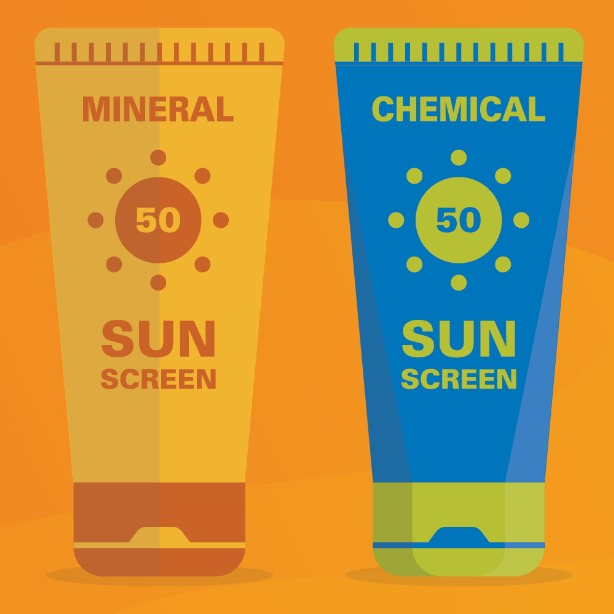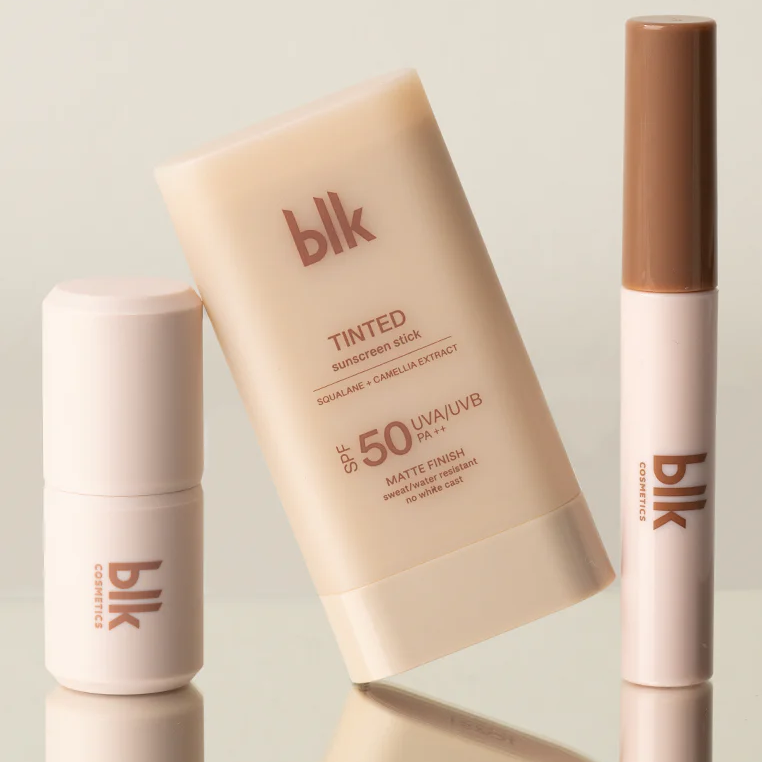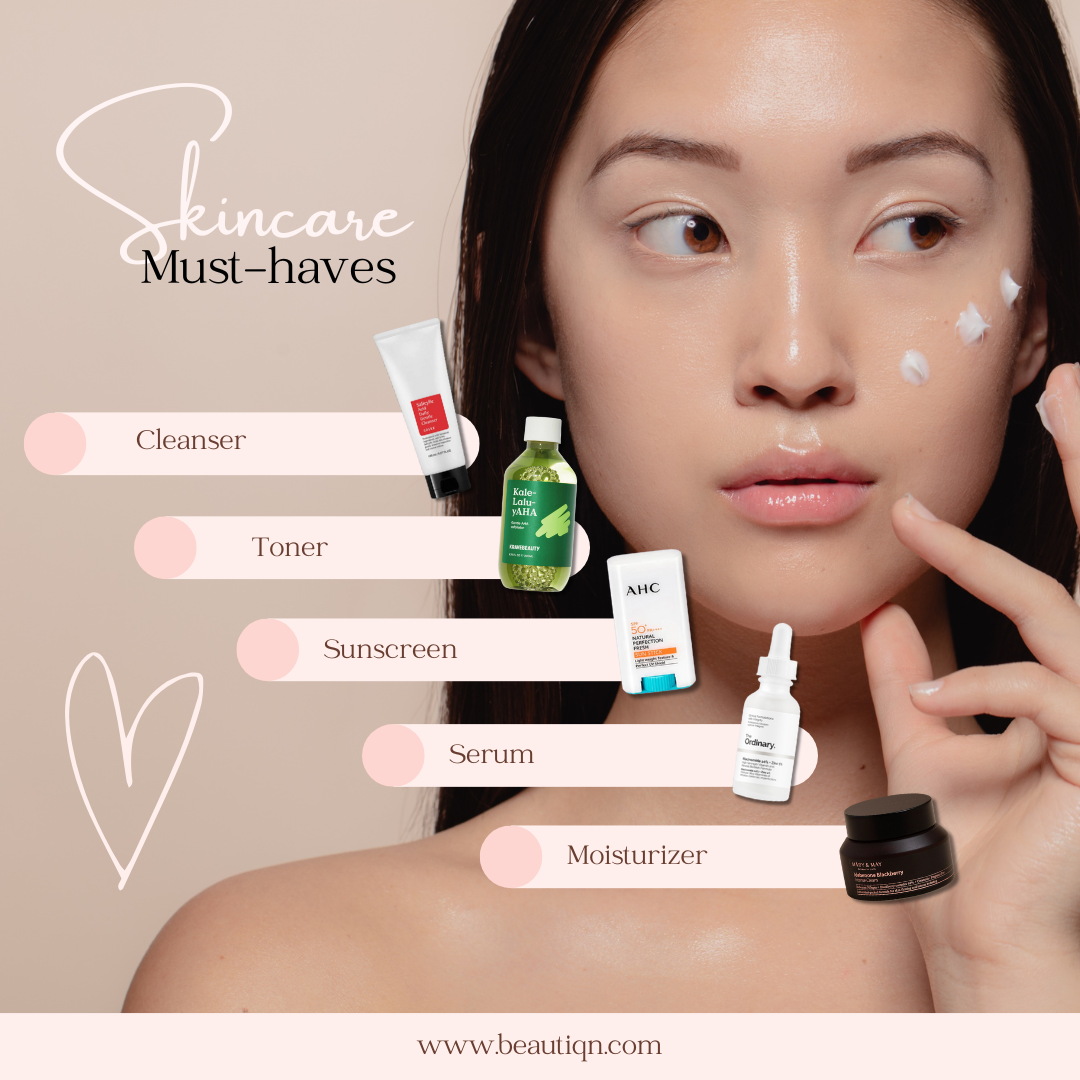
Mineral and Chemical Sunscreen?
When it comes to protecting our skin from harmful UV rays, sunscreen is a must-have. However, choosing the right sunscreen can be overwhelming, considering the wide range of options available. Two popular categories are mineral and chemical sunscreens. In this blog post, we'll delve into the differences between these two types and help you make an informed decision about which one suits your needs best.
Mineral Sunscreens: Mineral sunscreens, often referred to as physical sunscreens, work by creating a physical barrier on the skin's surface. The active ingredients in mineral sunscreens, typically zinc oxide or titanium dioxide, sit atop the skin and reflect UV rays away. This action effectively prevents them from penetrating the skin and causing damage. Mineral sunscreens are generally considered gentle and suitable for sensitive skin types. They provide broad-spectrum protection against both UVA and UVB rays.
One of the advantages of mineral sunscreens is that they start working as soon as they are applied to the skin. They offer immediate protection, making them a reliable choice for individuals who spend a lot of time outdoors. Additionally, mineral sunscreens tend to be less irritating to the skin and less likely to cause allergies, making them ideal for those with sensitive or reactive skin.
Chemical Sunscreens: Chemical sunscreens, on the other hand, work by absorbing UV rays and converting them into heat, which is then released from the skin. These sunscreens contain organic compounds like avobenzone, oxybenzone, or octinoxate as their active ingredients. Chemical sunscreens are usually easier to apply, as they tend to be more lightweight and leave little to no residue on the skin.
Chemical sunscreens often require some time to become effective, typically around 20 minutes after application. This waiting period allows the chemicals to absorb into the skin before they can provide protection. While chemical sunscreens are generally considered safe, some individuals with sensitive skin may experience irritation or adverse reactions due to the ingredients.
Choosing the Right Sunscreen for You: Selecting the right sunscreen depends on various factors, including your skin type, personal preferences, and any specific concerns you may have. If you have sensitive skin or prefer a more natural option, mineral sunscreens might be your best bet. They offer immediate protection and are less likely to cause irritation.
However, if you prefer a lightweight formula and don't have sensitive skin, chemical sunscreens may be a suitable choice. They are often more cosmetically elegant and blend seamlessly into the skin without leaving a white cast.
Ultimately, the most important aspect of sunscreen is consistent and adequate application. Regardless of whether you choose a mineral or chemical sunscreen, ensure that it has a broad-spectrum SPF of 30 or higher and reapply every two hours, especially when spending prolonged periods outdoors or engaging in water activities.
Conclusion: Mineral and chemical sunscreens both have their unique characteristics and benefits. Understanding the differences between the two can help you make an informed decision based on your skin type and personal preferences. Remember, regardless of the sunscreen type you choose, the key is to use it regularly and generously to shield your skin from the harmful effects of the sun. Stay protected and enjoy the great outdoors!





اترك تعليقًا
This site is protected by hCaptcha and the hCaptcha Privacy Policy and Terms of Service apply.